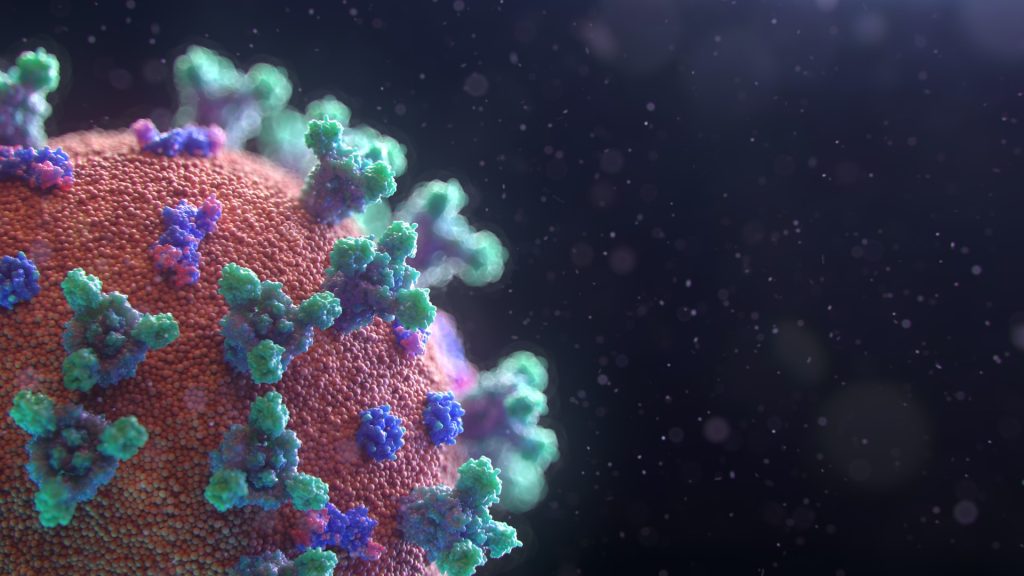
For most of 2020, the notion that SARS-CoV-2 may have originated in a lab in Wuhan, China, was regarded as a debunked conspiracy theory, only embraced by some conservative media supportive of President Donald Trump. But in early 2021 that all changed, and today most outlets across the political spectrum agree that the ‘lab leak’ scenario deserves serious investigation.
An investigation by The BMJ uncovered a concerted campaign by researchers with funding on pandemic-potential virus research to label ‘lab leak’ scenarios as a conspiracy, effectively stifling journalism and investigation into the topic for over a year. One of the leaders of this was Peter Daszak, president of EcoHealth Alliance, a non-profit organisation which received millions in grants for pandemic preparedness research. EcoHealth Alliance subsequently subcontracted work out to the Wuhan laboratories.
Almost from the outset of the pandemic, a February 2020 statement in the Lancet coauthored by Daszak effectively ended the debate. “We stand together to strongly condemn conspiracy theories suggesting that covid-19 does not have a natural origin.”
“It’s become a label you pin on something you don’t agree with,” said Nicholas Wade, a science writer who has worked at Nature, Science, and the New York Times. “It’s ridiculous, because the lab escape scenario invokes an accident, which is the opposite of a conspiracy.”
But hostility to the scenario continued to grow. Filippa Lentzos, codirector of the Centre for Science and Security Studies at King’s College, London, told the Wall Street Journal, “Some of the scientists in this area very quickly closed ranks.” She added, “There were people that did not talk about this, because they feared for their careers. They feared for their grants.”
Daszak wrote an essay for the Guardian in June 2020 attacking the former head of MI6 for saying that the pandemic could have “started as an accident,” and continued to receive support from coauthors of the letter.
But Daszak’s role in drawing up the statement in the Lancet was revealed in November 2020 in emails obtained through freedom of information requests.
“Please note that this statement will not have EcoHealth Alliance logo on it and will not be identifiable as coming from any one organization or person,” wrote Daszak in a February email, while sending around a draft of the statement for signatories. He also considered omitting his name from the statement to reduce potential negative exposure. A number of the 27 co-signatories omitted reporting their ties to EcoHealth Alliance.
Richard Ebright, professor of molecular biology at Rutgers University in New Jersey and a biosafety expert, considered scientific journal to be complicit in helping to clamp down on talk of a lab leak. “That means Nature, Science, and the Lancet,” he said. Along with dozens of other academics, he has been pushing back against the conspiracy theory labelling of the lab leak scenario.
“It’s very clear at this time that the term ‘conspiracy theory’ is a useful term for defaming an idea you disagree with,” said Ebright, referring to journalists and scientists making use of the term to attack others. “They have been successful until recently in selling that narrative to many in the media.”
Daszak enjoyed more support after then-President Trump cancelled EcoHealth Alliance’s National Institutes of Health funding, and the lab leak scenario remained buried for most of the year. It only resurfaced when a January 2021 New York magazine published an article detailing a possible lab leak scenario, in the face of stiff criticism. The tide began to turn when the World Health Organization investigation (which included Daszak) produced a report which attracted criticism for effectively ruling out the lab leak scenario in the face of almost a complete lack of evidence, such only being allowed a few hours’ worth of supervised access to the Wuhan labs. When Donald Trump lost the Presidential office, the criticism suddenly lost its greatest means for shutting down challenges — its mere association with its most widely-known and disliked proponent.
Citing an intelligence report, the Wall Street Journal, recently reported that three Wuhan Institute of Virology researchers were admitted to hospital in November 2019. When President Joe Biden ordered an investigation into the scenario, it marked a slow turn-around in media coverage. Many outlets started backtracking their previously publicised viewpoints or adding qualifying statements, justifying them as simply a matter of tracking a “scientific consensus” which, they say, has now changed. Vox posted an erratum noting, “Since this piece was originally published in March 2020, scientific consensus has shifted.”
In recent weeks, a number of high profile scientists who once denigrated the idea that the virus could have come from a lab have made small steps into demanding an open investigation of the pandemic’s origin.
In a recent interview, NIH director Francis Collins said, “The Chinese government should be on notice that we have to have answers to questions that have not been answered about those people who got sick in November who worked in the lab and about those lab notebooks that have not been examined.” He added, “If they really want to be exonerated from this claim of culpability, then they have got to be transparent.”
It is worth noting that searches with phrases like “conspiracy theory”, “lab leak” and “Wuhan” do not turn up any relevant hits on The BMJ website, other than articles published this year which discuss the lab leak scenario seriously and credibly, or an article which discusses the more outlandish viral disinformation typical of the COVID pandemic typically seen in social media. Nor are there any articles with “Daszak” as an author.
Source: The BMJ

